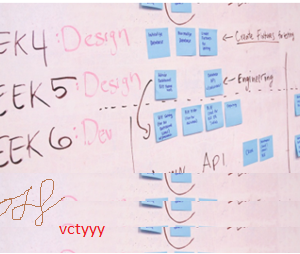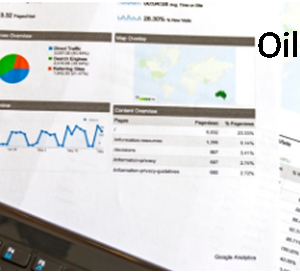Description
Who Should Attend?
The course is designed for anyone who has responsibility for maintenance management, reliability engineering, Asset operations & Maintenance, Safety & Environment Integrity, Product quality and Customer Service. Specifically, people who occupy positions of General Manager, Head of Maintenance, Head of Operations, Superintendents, Plant Engineers, Team Leaders, Asset Managers, Engineering Managers, Head of Reliability in the following Industries will benefit immensely from this course:
Oil & Gas Industries; Chemical & Processing Plants; Power & Utility Plants; Cement Manufacturing; Food Processing; Steel and Mining. Others are consultants, Contractors, academics, specialists and solution providers.
What are the learning objectives?
In line with the key objectives, on completion of this course, delegates will be able to:
To introduce the concept and define the elements of Reliability Centered Maintenance, what it is and what it isn’t.
To prepare the individual and the organization for the RCM process.
To enumerate the benefits and importance of the concept, functions and desired performance standards.
To establish failure modes and their consequences
To evaluate the validity of various types of proactive maintenance techniques
To set tasks and identify persons responsible for those tasks
Implementing RCM decisions, when and how to audit RCM analysis
Providing insight into the best way to get started with RCM
Reinforcing the RCM process in the organization and the importance of team work.
To master techniques for handling specific, local issues
Pre-requisites:
No prior knowledge of RCM is required as long as a delegate has the capacity to learn and falls within the target audience enumerated under “who should attend”.
To ensure that delegates get maximum benefits, a pre-course questionnaire is expected to be filled by each delegate, which when analyzed will give an indication of each delegate’s training needs and enable the trainer deliver at an appropriate level.
After the course, the comprehensive course materials will enable delegates digest the issues further in their own time.
Course Content:
In-House Training Solutions
If an organization, society or group has a number of delegates with similar training needs, we will be pleased to offer an in-house training solution tailored to those specific requirements and delivered on-site.
Follow-on Courses:
– Principles of maintaining an RCM system (3 days)
– Plant Installation Start-up & Commissioning (5 days)
Section 1WELCOME TO THE COURSE
Lecture 1Introduction
Lecture 2Basic Of The Course
Lecture 3Why You Need This Course?
Instructor: Tokunbo Carew
Type: Online Course
Date: Nov 10, 2020 – Nov 12, 2020
Student Enrolled1
PriceTBC







Reviews
There are no reviews yet.